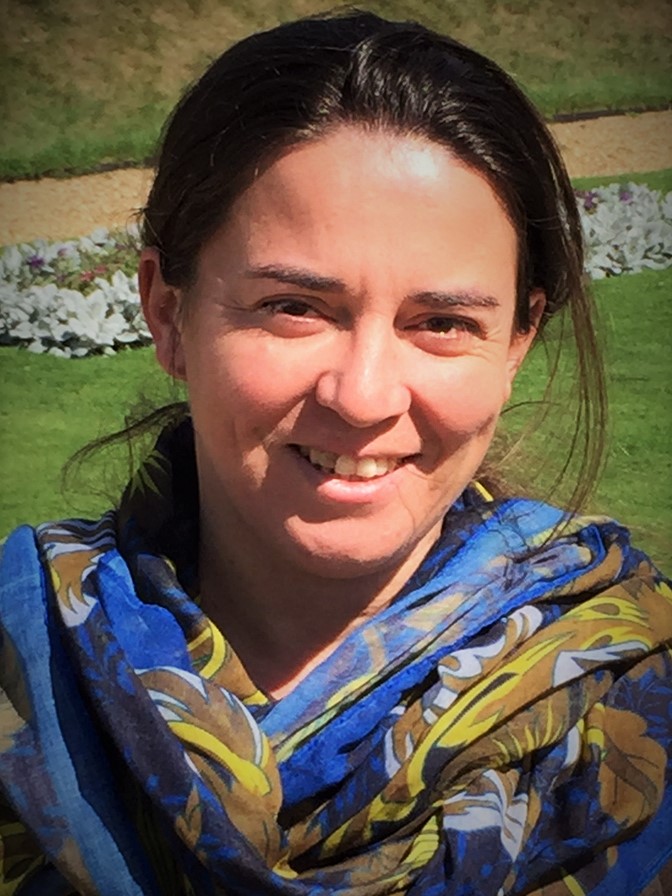OCD
Obsessive compulsive disorder (OCD) is a common form of anxiety disorder involving distressing, repetitive thoughts. That makes OCD particularly difficult to make sense of or to explain to other people.
Obsessions are distressing or frightening repetitive thoughts which come into your mind automatically, however irrational they may seem and however much you try to resist or ignore them.
Compulsions are actions which people feel they must repeat to feel less anxious or stop their obsessive thoughts. For example, some people cannot stop thinking about germs and the diseases they could catch. To cope with this anxiety, they may start washing their hands over and over again. Other compulsive rituals may have no connection to the nature of the obsessive thoughts.
Common obsessions include:
- fear of contamination
- fear of causing harm to someone else
- fear of behaving unacceptably
- need for symmetry or exactness.
Compulsions commonly involve checking, cleaning, counting or dressing rituals. Carrying out a ritual usually gives people temporary relief from their anxiety. At other times, they can be full of doubt that they have carried out the ritual properly and so repeat the ritual to ‘get it right’ – a process that can go on for hours.
It can take people many years to seek professional help. People may be aware that their rituals are irrational and be ashamed of that and try to hide them. Some people feel that they lack will power because they cannot stop their thoughts and rituals.
The most effective treatments for OCD usually involve talking treatments – such as counselling, psychotherapy and cognitive behaviour therapy – and medication.




